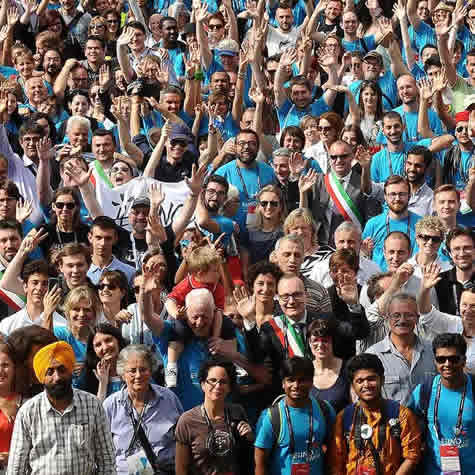Half of refugees are school-age. That means 10 million children are away from their homes, their communities, and their traditional education. Each refugee child’s experience is unique, but every single one loses time from their important learning years. Many of them face the added pressure of being surrounded by new languages and cultures. And these aren’t the only children lacking high-quality educational resources around the world.
“I believe education is crucial for a culture of freedom and success, and I think using Wikipedia is a great opportunity to create innovation in this area.”
Wikimedia’s vision is that every person should have access to all knowledge. Wikipedia, Wikibooks, and the rest of the Wikimedia projects are built to provide access to information for as many people as possible, whenever they need it.
The Wikipedia community includes many people dedicated to expanding education and sharing knowledge. This year, the Wikipedia Education Program staff supported 200 individuals across 60 countries to help students edit Wikipedia. One of them was Roxana Sordo, who ran the Wikipedia Education Program at the Instituto de Profesores Artigas in Montevideo, which received the Sembrando Experiencias award from the National Administration of Public Education of Uruguay.
Many of us would not know how to ask for water if we found ourselves displaced in a foreign land. Wikimedia volunteers in Germany have partnered with the Open Knowledge Foundation to create a free and open communication resource called the Refugee Phrase Book. That book includes hundreds of useful phrases in dozens of languages translated by volunteers, these materials are released into the public domain and posted on Wikibooks so that anyone can use them at any time.
